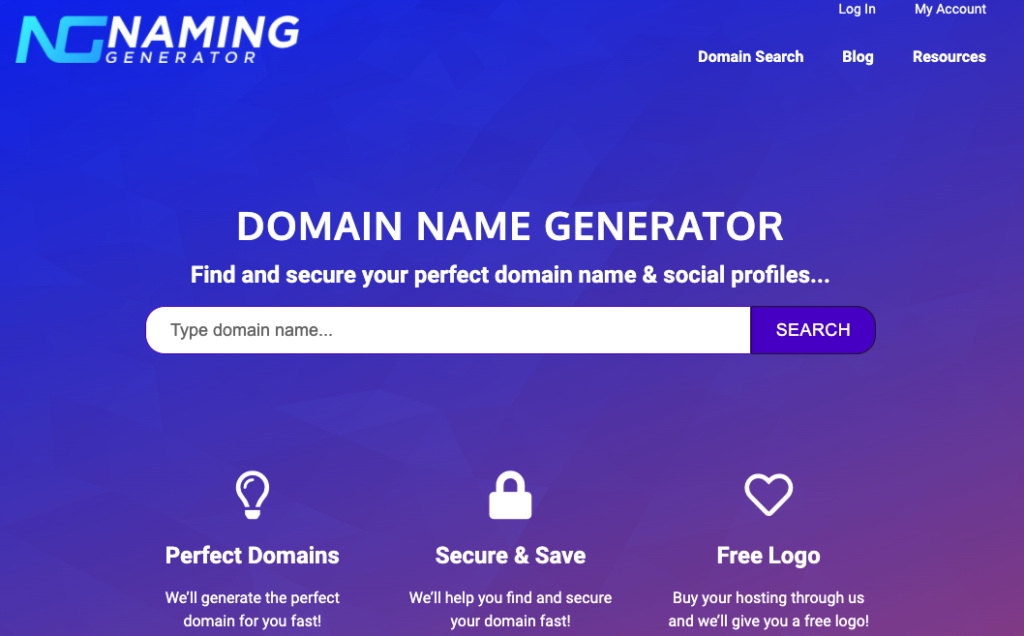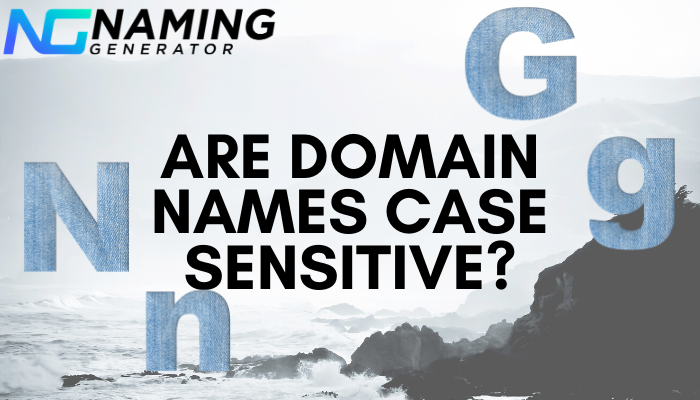What Does Domain Proxy Mean?
Whether you are starting a professional business website or a personal blog, you also need to consider the impact that purchasing a domain name entails to your data privacy. For starters, you need to decide if you are willing to let your name, address, and other personal information be readily available online. If not, are you open to using a domain proxy service instead?
What does domain proxy mean? Domain proxy refers to both the role and the person assigned to act on behalf of the domain name’s owner or registrant. Any website owner can designate another individual or company (usually a domain proxy service provider) to act as a domain proxy. As the domain owner, you have the power to specify the actions that a domain proxy can do for you.
Now that you know what a domain proxy is, the next question to answer is whether or not you need such a service. The following few tips will help you navigate the decision-making process, whether it’s a good idea for your business to get a domain proxy for your websites.
To Get or Not to Get a Domain Proxy
Domain proxy services are all about protecting your website and your privacy. But everyone’s priorities are different. That’s why we’ve shared below a short checklist that you can run through to help you determine whether getting a domain proxy is right for you or not.
Get a Proxy Domain If:
- You want peace of mind.
- You do not want to receive spam emails or calls from random people.
- You do not want your personal information freely available online.
- You do not want to deal with legitimate third-party correspondence.
- You want to maintain anonymity.
- You are under the Witness Protection Program.
Do Not Get a Proxy Domain If:
- You want the whole world to know that you own your website.
- You do not want to spend more on domain proxy or privacy service fees.
- You want to communicate directly with any legitimate third-parties who may be interested in your website.
Is Domain Proxy Worth It?
In terms of ensuring that your personal information and business details are protected from malicious prying eyes, domain proxy is definitely worth it.
However, we acknowledge that not all domain owners are in the same situation. Use the checklist above to get a better grip on what your goals for your website are.
What Does a Domain Proxy Do?
Choosing a brandable, short, and memorable domain is up to you, the domain owner, or registrant. However, if you are considering a domain proxy service, here is a list of functions that a domain proxy can do for you.
1. Replace Your Registry Details With Proxy Details
According to ICANN regulations, relevant personal data like name, address, and contact information should be sent to your domain provider’s registry. With a domain proxy service, any personal information is instead hidden, masked, or replaced with the domain proxy provider’s data.
2. Take Care of Correspondences for Your Domain
Now that your real contact information is replaced with your domain proxy service, all of your email or snail mail correspondences and texts or calls are forwarded to them. Some providers may give you a dedicated email address where these messages can be sent. This way, you do not have to deal with these solicitations personally.
3. Security Management
Domain proxy service providers also monitor your domain and prevent unauthorized access. Other domain privacy plans even include round-the-clock website monitoring to prevent and remove malware.
4. Billing Management
Domain proxies also serve as billing managers. Website owners can appoint them to make any billing-related decisions. In the same vein, registrants can also authorize different people or service providers to act as a technical proxy or admin proxy.
5. Prevent Domain Expiration, Cancellation, or Transfer
Another important function of a domain proxy is to ensure that your domain name stays your domain name. Domain proxy service providers will notify you if your credit card is about to expire and you need to renew your domain name. Domain proxies who have technical access can also disallow site cancellation or migration without the registrant’s explicit permission.
How Do I Protect My Domain Name?
Yes, you may have used a naming generator tool and secured a brandable and memorable domain name. But that is half the battle. Once your website is set up, you still need to protect your domain name. And here are a few things you can do:

1. Sign Up for Domain Proxy Service
Yes, sign up for a domain proxy service right away. These service providers will notify you a few days or weeks before your domain name expiry to prevent you from losing a good business domain name.
Some providers even step up their game and require your explicit permission before any changes (site transfer or cancellation) are made to your website.
2. Mark Your Domain Name’s Expiry on Your Calendar
Sometimes, nothing beats getting a task notification on your phone’s calendar. So, right after purchasing your chosen domain name, take note of its expiration date, and create a reminder on your calendars. You can do this on your smartphone’s calendar or the desk calendar. Also, just make sure to do the task right away when you receive the calendar notification.
3. Prepay Your Domain Registration Costs
Another method to protect your domain is to prepay the domain’s registration fees. Some domain hosts offer annual, biennial, 5-year, or even 10-year payment plans. Doing so also lets you save on the registration charges since you are paying ahead of time.
4. Update All Sites That Use an Expired Card
If you have recently changed or renewed your credit or debit card, remember to update the new card details in your domain host account. This way, your domain will not accidentally be canceled after unsuccessful payments towards an expired card.
What Is the Difference between Proxy Service and Privacy Service?
When it comes to preserving your privacy and protecting your domain name, domain owners can either use Privacy Services or Proxy Services.
With a proxy service, your personal or business information will not appear on the WHOIS database. Instead, the proxy service will replace your name, address, and contact information with their information. On the WHOIS database, they will act as the registered owner of your domain and all correspondences will be sent to the proxy service.
In contrast, a privacy service allows registrants or website owners to maintain their names as the owner of a domain, but they can use replacement yet still valid contact details. This means that the WHOIS database will reflect your name or business name, but you can designate different emails, contact numbers, and mailing addresses.
Now that you are armed with a good understanding of what a domain proxy is, you’ll be in a better position to determine whether you need it or not for your websites.
Related Questions
What Is the Difference Between Domain Fronting and Domain Proxy?
Registrant refers to the person or entity who purchases a domain name from a domain provider. Registrants can make changes to the domain name as long as timely payments for the domain are made to the domain provider.
On the other hand, a proxy refers to another person or entity who is authorized to act in place of the registrant. Proxies have varying levels of responsibility depending on the agreement between the registrant and the proxy. For example, there can be domain proxies for billing, admin, and technical aspects of a website.
What Is the Difference Between Proxy and Registrant?
Registrant refers to the person or entity who purchases a domain name from a domain provider. Registrants have the power to make changes to the domain name as long as timely payments for the domain is made to the domain provider.
A proxy, on the other hand, refers to another person or entity who is authorized to act in lieu of the registrant. Proxies have varying levels of responsibility depending on the agreement between the registrant and the proxy. For example, there can be domain proxies for billing, admin, and technical aspects of a website.
What Data Is Needed When You Register a Domain?
To register a domain, you will need to submit the following information: Name, Address, Email Address, and Contact Number. Other domain providers and registries may require more information depending on their rules and regulations.
Sources:
https://www.icann.org/resources/pages/privacy-proxy-registration-2013-03-22-en
https://whois.icann.org/en/privacy-and-proxy-services







